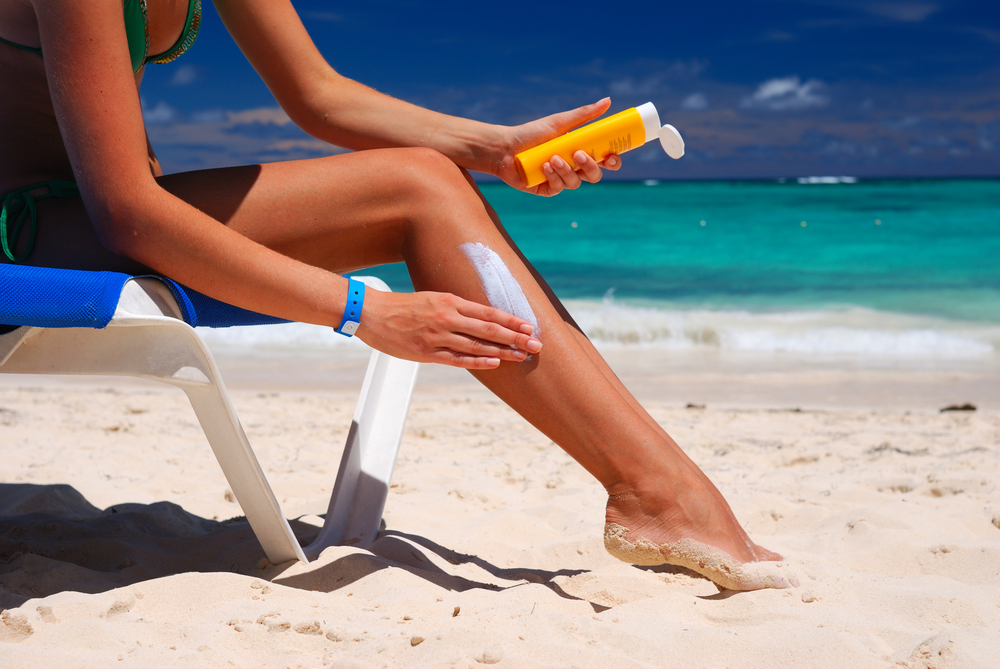Copyright © 2024 - Gearlabblog.com

Summer is here and with it comes more fun in the sun! But that sunshine also brings harmful ultraviolet (UV) rays that can damage your skin and increase your risk of skin cancer. Sunscreens are your best defense against UV rays, but there’s a lot of misinformation out there. Let’s clear up some common sunscreen myths:
Myth 1: No Sunburn, No Harm
Wrong! Even without a sunburn, UV rays can damage your skin cells. This damage adds up over time and increases your risk of skin cancer.
Myth 2: Sunscreen Blocks Vitamin D
You only need a small amount of sunlight to produce vitamin D. Sunscreen won’t completely block that. If you’re concerned, talk to your doctor about vitamin D supplements.
Myth 3: Sunscreens Cause Cancer
The FDA regulates sunscreen ingredients and considers them safe and effective. In fact, sunscreen use can help prevent skin cancer.
Myth 4: Low UV Index Means No Sunscreen
The UV index mainly measures UVB rays (burning rays). But UVA rays (aging and tanning rays) are still present even on cloudy days. Wear sunscreen every day!
Myth 5: Dark Skin Doesn’t Need Sunscreen
Everyone needs sunscreen, regardless of skin color. Skin cancer can be more difficult to detect in darker skin tones, so protection is crucial.
Myth 6: Mineral Sunscreens Are Superior
Both mineral and chemical sunscreens are effective. Mineral sunscreens may be better for sensitive skin, but some people find them thicker and harder to rub in.
Myth 7: Tans Offer Protection
A tan is a sign of sun damage, not protection. It only offers minimal SPF protection (less than SPF 5) and won’t shield you from harmful UV rays.
Myth 8: Antioxidants Are a Sunscreen Substitute
Antioxidants can help reduce some sun damage, but they can’t replace sunscreen. Use both for maximum protection.
Myth 9: Sunscreen Chemicals Build Up in Your Body
There’s no evidence that sunscreen chemicals build up in your bloodstream. They are mostly eliminated through urine.
Myth 10: Hats Are Enough Protection
Hats are great for your scalp and face, but they don’t block rays reflecting off surfaces. Wear sunscreen with a hat for complete sun protection.
Remember: Sun protection is key to healthy skin. Use sunscreen daily, reapply often, and seek shade during peak sun hours. For more information on sun safety, visit the websites of the Skin Cancer Foundation [American Skin Cancer Foundation] or the American Academy of Dermatology [American Academy of Dermatology Association].tunesharemore_vert